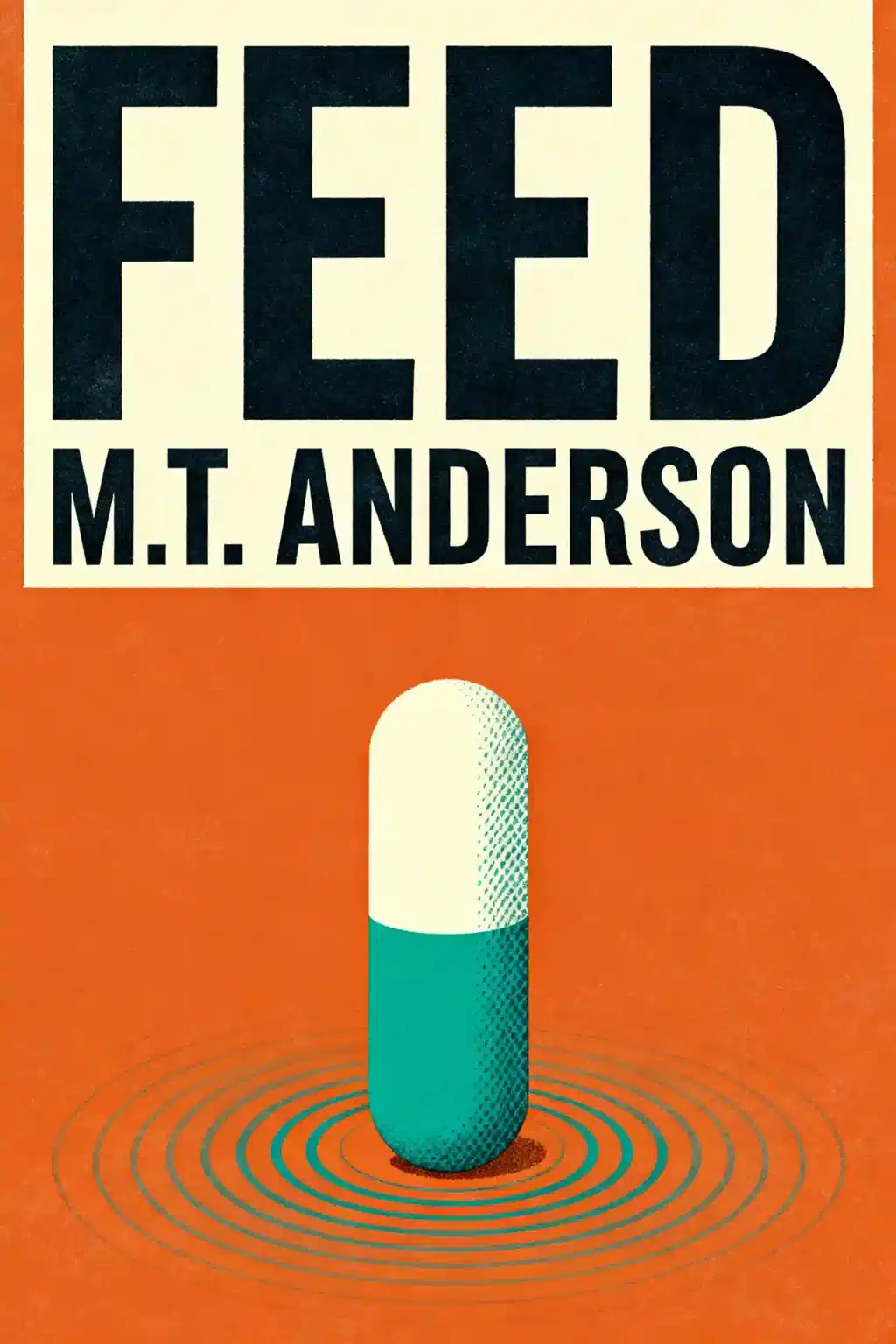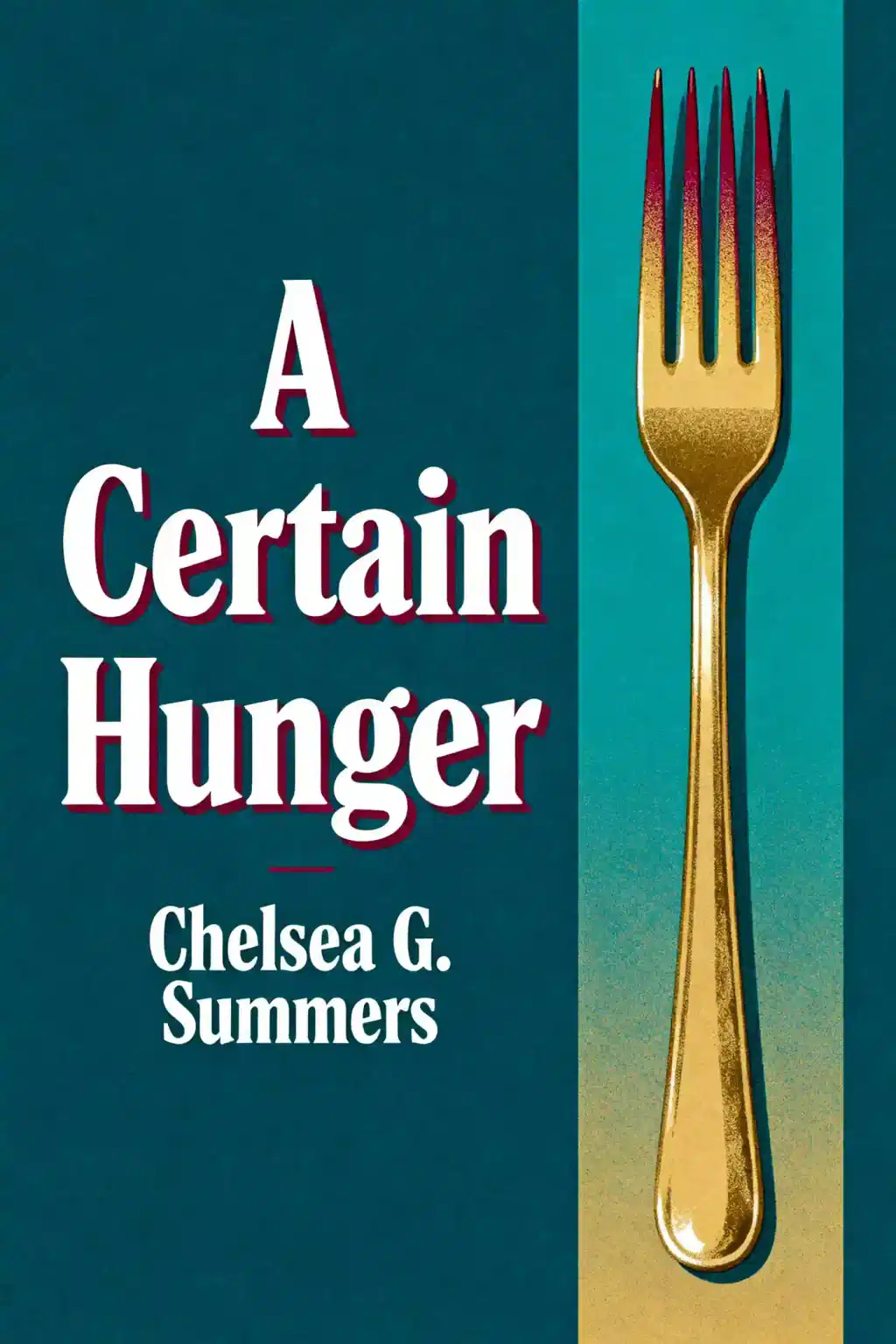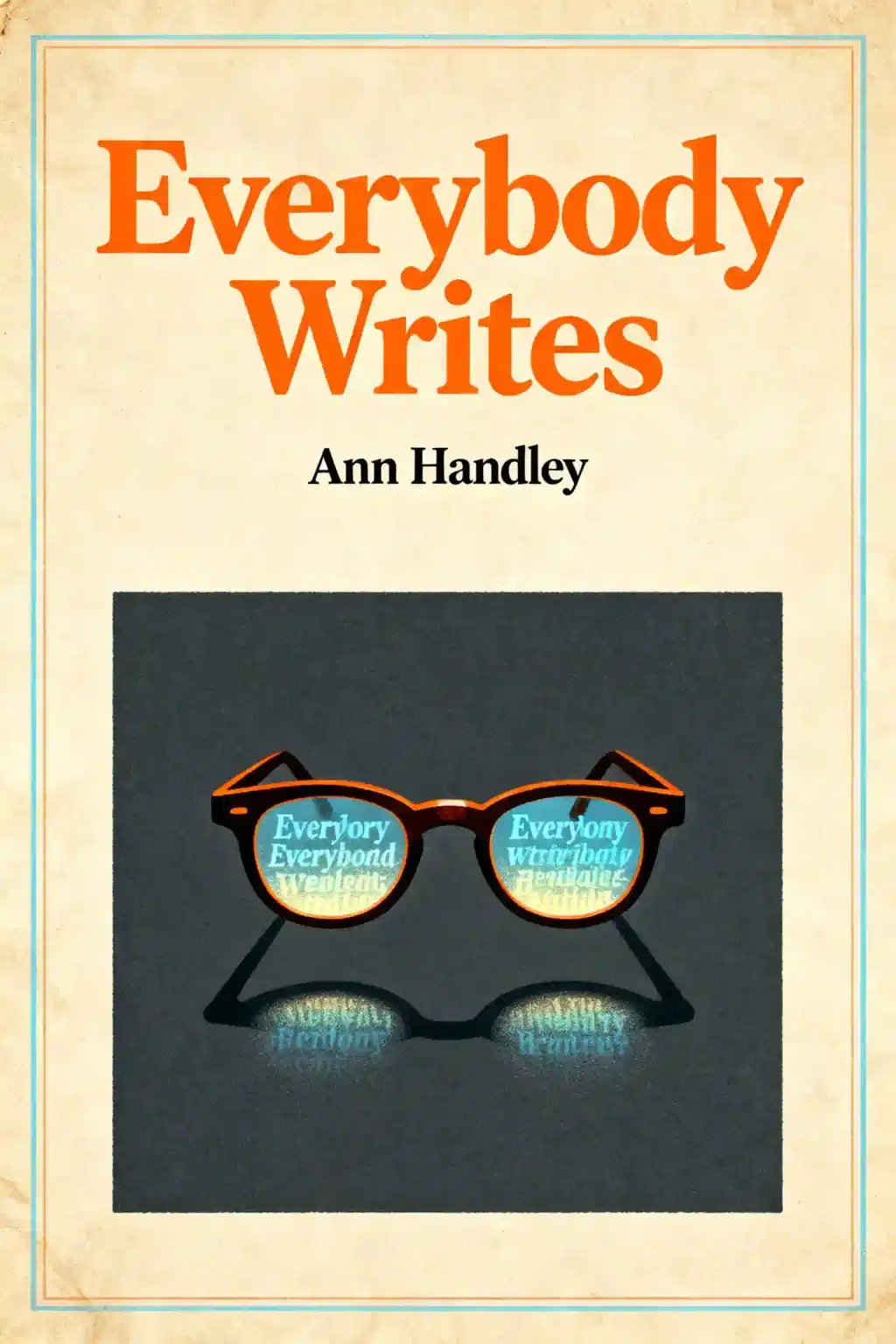What is Feed by M.T. Anderson about?
Feed by M.T. Anderson is a dystopian young adult novel set in a near-future America where most citizens have "feeds"—surgically implanted brain devices that connect them to the internet, enable telepathic communication, and expose them to constant advertising. The story follows Titus, a teenager who meets Violet Durn on a moon vacation. When Violet's feed malfunctions and begins threatening her life, she attempts to resist corporate control while Titus struggles with his apathy and privilege.
Who should read Feed by M.T. Anderson?
Feed is ideal for young adults and readers interested in dystopian fiction, technology critique, and social commentary. The novel appeals to those concerned about consumerism, corporate power, data mining, and environmental issues. Educators teaching media literacy or critical thinking will find it valuable, as will fans of cyberpunk literature like George Orwell's 1984 or Aldous Huxley's Brave New World who want a contemporary teenage perspective on technological dystopia.
Is Feed by M.T. Anderson worth reading?
Feed by M.T. Anderson remains highly relevant as a prescient critique of social media addiction, data mining, and consumer culture. Published in 2002, the novel anticipated many aspects of modern technology including targeted advertising, constant connectivity, and algorithmic profiling. While Anderson's satirical tone and deteriorating language style can be challenging, the book offers profound insights into how technology shapes identity, relationships, and social awareness, making it a valuable read for understanding our current digital landscape.
What is the feed in Feed by M.T. Anderson?
The feed in M.T. Anderson's novel is a surgically implanted brain device that connects users directly to a vast computer network called the feednet. It allows people to access information instantly, experience virtual reality entertainment, communicate telepathically through "m-chatting," and receive personalized advertisements based on their consumer profiles. Approximately 73% of Americans in the novel have feeds, which are typically installed during childhood, making the technology both ubiquitous and deeply integrated into identity formation and social interaction.
What is the main message of Feed by M.T. Anderson?
The main message of Feed by M.T. Anderson warns against surrendering critical thinking and autonomy to corporate-controlled technology. Anderson illustrates how constant connectivity, algorithmic manipulation, and consumerist indoctrination lead to environmental destruction, linguistic deterioration, political apathy, and dehumanization. The novel argues that when corporations control information and education through technology, individuals lose the ability to think independently, resist exploitation, or recognize their own complicity in systemic harm—a message increasingly relevant to modern social media and surveillance capitalism.
How does Violet resist the feed in M.T. Anderson's novel?
Violet Durn resists the feed by deliberately confusing corporate consumer profiling algorithms. She visits malls and requests information on random, contradictory products without purchasing them, hoping to create an unreliable consumer profile that prevents corporations from predicting and manipulating her behavior. This resistance strategy represents her attempt to maintain individual autonomy and identity in a system designed to categorize, predict, and control every aspect of human desire and behavior through data mining and targeted advertising.
What do the lesions symbolize in Feed by M.T. Anderson?
The lesions in Feed symbolize the physical manifestation of environmental collapse and corporate exploitation destroying human bodies. Initially shameful marks of toxicity and decay, the lesions become a fashion trend that characters mimic artificially, representing society's ability to normalize and commodify even its own destruction. When Violet declares everyone has "become the feed," she recognizes that people have internalized corporate logic so completely they celebrate their own deterioration, turning symptoms of systemic failure into consumer products.
Why does Violet's feed malfunction in Feed by M.T. Anderson?
Violet's feed malfunctions because she received the implant later in childhood than most people, making the installation riskier and the integration less stable. When the hacker attacks their feeds on the moon, Violet's device suffers irreparable damage that causes various body systems to shut down progressively. FeedTech refuses to help because Violet's family lacks purchasing power—her incomplete consumer profile makes her unprofitable to the corporation, revealing how corporate healthcare prioritizes profit over human life in Anderson's dystopian society.
What is the relationship between Titus and Violet in Feed?
Titus and Violet's relationship in Feed by M.T. Anderson begins with attraction during their feed-free hospital recovery, but deteriorates as Violet's consciousness and mortality clash with Titus's apathy and privilege. Violet seeks emotional support and shared resistance against corporate control, while Titus increasingly withdraws, unable to confront uncomfortable realities about his society or Violet's dying body. Their failed romance illustrates how consumerist culture erodes genuine human connection, critical consciousness, and the capacity for empathy across class and ideological differences.
How does Feed by M.T. Anderson critique consumerism?
Feed by M.T. Anderson critiques consumerism by depicting a society where corporate advertising infiltrates every thought, education trains children to be consumers rather than thinkers, and environmental destruction is ignored in favor of purchasing trends. Characters lack identity beyond their buying habits, with girls making hourly bathroom trips to follow fashion feeds. Anderson shows how constant commercial bombardment destroys language, critical thinking, political awareness, and authentic desire—transforming humans into mere vessels for corporate profit through data mining and algorithmic manipulation.
What is School™ in Feed and why does it matter?
School™ in Feed represents corporate-controlled education designed to create consumers rather than critical thinkers. Major corporations run the school system, teaching students buyer education instead of reading, writing, or analytical skills. Titus's sparse vocabulary and inability to think critically demonstrate School™'s anti-educational objective. This satirical concept critiques how corporate interests increasingly shape real-world curricula, standardized testing, and educational technology—prioritizing workforce training and consumption habits over developing informed, questioning citizens capable of democratic participation.
How does Feed by M.T. Anderson compare to 1984 and Brave New World?
Feed by M.T. Anderson updates classic dystopian themes for the digital age, focusing on corporate rather than government control. While 1984 emphasizes totalitarian surveillance and Brave New World depicts state-engineered pleasure, Feed explores how voluntary technology adoption and consumer desire create oppression. Anderson's teenage perspective and deteriorating vernacular make the critique more accessible than Orwell's or Huxley's formal prose. All three warn against trading freedom for comfort, but Feed specifically addresses social media addiction, data mining, and algorithmic manipulation relevant to 21st-century readers.














